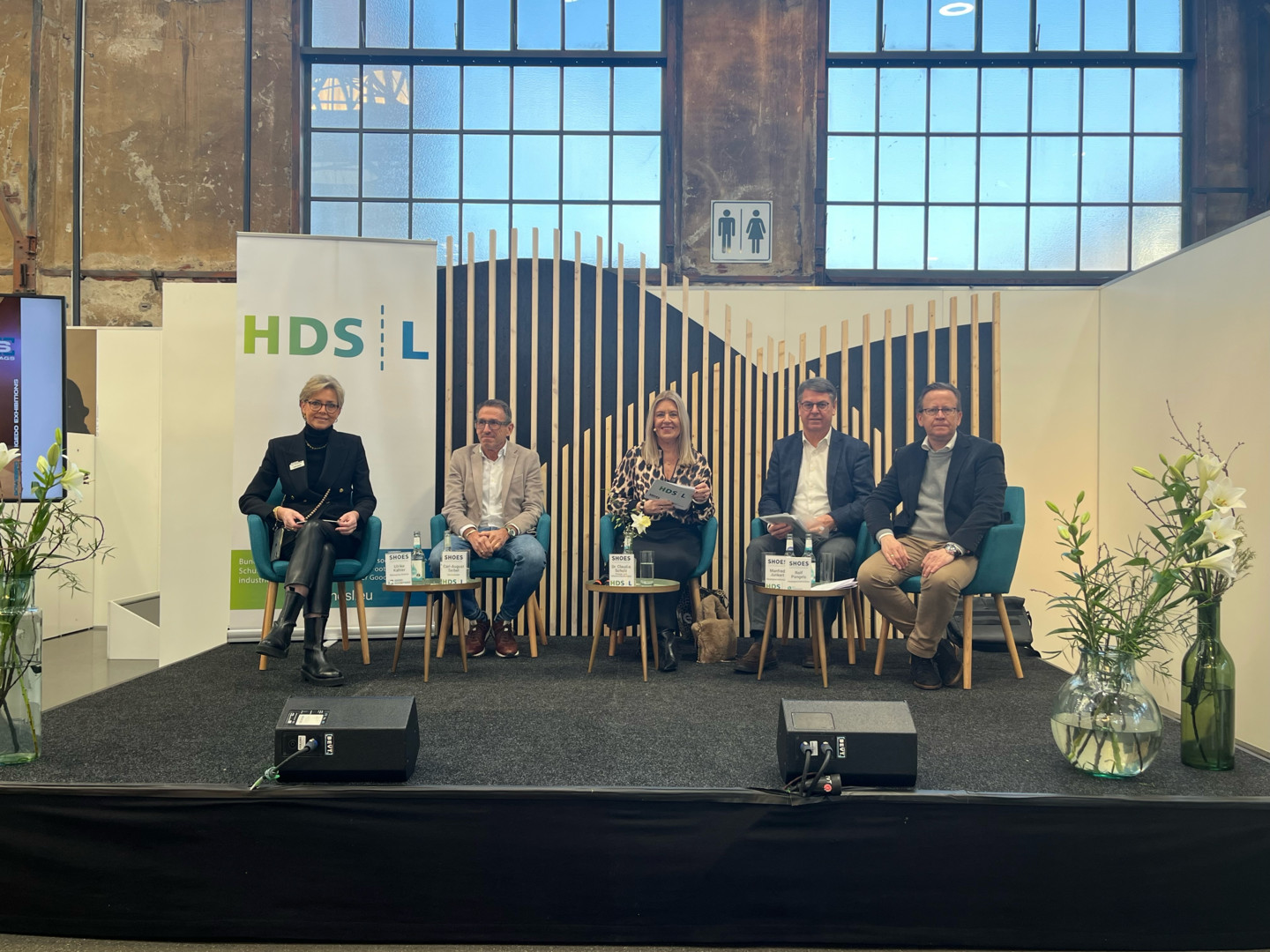
2025: a turning point for Italian digital commerce
According to Netcomm, the past year has led to radical changes in Italian trade, which will inevitably impact 2026 and beyond.
Keep reading...
February 2025

In an increasingly difficult competitive environment, the budget of German shoe factories for the year 2024 shows lights and shadows.
According to the Federal Association of the German Footwear and Leather Goods Industry, the budget of German shoe manufacturers for the year 2024 shows lights and shadows and varies greatly from company to company. While strong brands with a high presence in international markets have performed well, suppliers in some segments, such as business or comfort, still face significant challenges.
However, domestic sales of the German footwear industry showed a moderate nominal increase, while foreign trade transactions were lower than expected. The number of employees remains stable, wage and salary trends are significantly above the rate of inflation. This is according to the latest data from the Federal Statistical Office (destatis.de) compared to previous years.
From January to November 2024, total sales in the footwear industry reached 2.12 billion euros, nominally representing a slight increase of 2.4 percent compared to the equivalent period in 2023, when sales reached 2.07 billion euros.
In Germany, sales increased from 1.55 billion euros in 2023 to 1.62 billion euros in 2024 (+4.5 percent). On the other hand, foreign sales decreased by 6.6 percent from 528 million euros to 493 million euros; 61 percent of foreign sales were in the euro zone.
The total value of footwear exports was about 10.4 billion euros in 2024 compared to 10.1 billion euros in the previous period, an increase in export value of about 3 percent. Poland and France remain the most important destinations for exports.
On the import side, for 2023 it was about 11.9 billion euros; in 2024 it reached 11.7 billion euros, with a slight decrease (the December figure for 2024 was estimated)-a 1.7 percent drop. It is particularly noteworthy that Vietnam, with 2.6 billion euros in 2024, replaced China (2.5 billion euros) for the first time as the most important country of origin for the entire year.
In a state of recession for the second year in a row, Germany thus shows that it urgently needs new impulses to improve its industrial position, starting with measures to reduce the heavy burdens resulting from general legal conditions and excessive bureaucratic obligations, for which HDS/L hopes that lawmakers at the European and German federal level will take action and refocus on the competitiveness of the economy.

According to Netcomm, the past year has led to radical changes in Italian trade, which will inevitably impact 2026 and beyond.
Keep reading...
Data from the Confindustria Fashion Accessories Study Centre for Assopellettieri show negative figures for the third quarter of 2025 as well, albeit with a slight improvement compared to the beginning of the year, which will hopefully turn into a recovery in 2026.
Keep reading...
The new frontier of sustainable footwear combines technological innovation and respect for the environment, transforming paper and wood waste into luxury accessories and circular sneakers.
Keep reading...You must login to read this free content
This content requires a subscription to view. Are you already a subscriber? Sign in